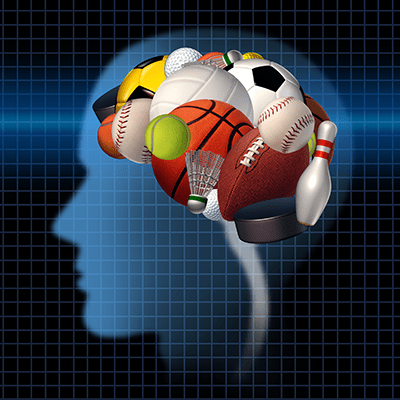
Sport psychology is a field that focuses on understanding how the mind and body interact to enhance athletic performance. It delves into the psychological factors that influence an athlete’s abilities and achievements in sports. By studying these connections, coaches, athletes, and sports psychologists aim to unlock the full potential of athletes and help them reach peak performance.
The Mind-Body Connection
The mind-body connection refers to the interplay between an athlete’s mental processes and physical performance. It emphasizes the influence of psychological factors on an individual’s ability to execute physical skills effectively and consistently. The state of an athlete’s mind greatly impacts factors such as focus, motivation, confidence, and overall mental toughness. By understanding and harnessing the mind-body connection, athletes can optimize their performance levels.
Mental Techniques and Performance
Athletes can utilize various mental techniques to enhance their performance. Visualization, for example, involves imagining oneself successfully executing a skill or achieving a goal. Through vivid mental imagery, athletes can reinforce neural pathways associated with the desired physical movements or outcomes, leading to improved performance when executed in reality.
Arousal Regulation
Managing arousal levels is crucial for athletes to perform optimally. Arousal refers to the state of physiological and psychological activation that an athlete experiences before and during sports. Too much arousal may lead to anxiety, negatively impacting performance, while too little arousal can result in lack of focus or intensity. Effective arousal regulation techniques, such as deep breathing exercises or self-talk, can help athletes reach the ideal arousal level for their specific sport and performance needs.
The Role of Confidence and Self-Belief
Confidence and self-belief play significant roles in athletic performance. When an athlete believes in their abilities and has confidence in their skills, they are more likely to perform at their best under pressure. Sports psychologists work with athletes to develop strategies that enhance confidence levels, such as goal setting, positive self-talk, and building a strong support network.
The Importance of Focus and Concentration
In sports, maintaining focus and concentration is vital, as distractions can hinder performance. Sports psychology provides athletes with techniques to improve their focus and concentration, including mindfulness exercises, attention control training, and pre-performance routines. These strategies help athletes maintain a laser-like focus and perform at their peak, even in high-pressure situations.
The Role of Sports Psychology in Injury Recovery
When athletes experience injuries, the psychological impact can be significant. Sports psychologists play a crucial role in assisting athletes during the recovery process. They help athletes cope with the emotional and mental challenges that arise from being sidelined, and guide them in maintaining a positive mindset and motivation throughout the rehabilitation journey. By addressing the psychological aspects of injury recovery, sports psychologists contribute to both the athlete’s mental well-being and their eventual physical resurgence.
Conclusion
Sport psychology offers valuable insights into the mind-body connection in athletics. By understanding how psychological factors influence performance, athletes can gain a competitive edge. Through techniques like mental imagery, arousal regulation, confidence building, and focus enhancement, athletes can optimize their abilities and achieve peak performance in their respective sports. Sports psychologists continue to play a crucial role in unlocking the potential of athletes and helping them conquer both physical and mental barriers in their athletic pursuits.